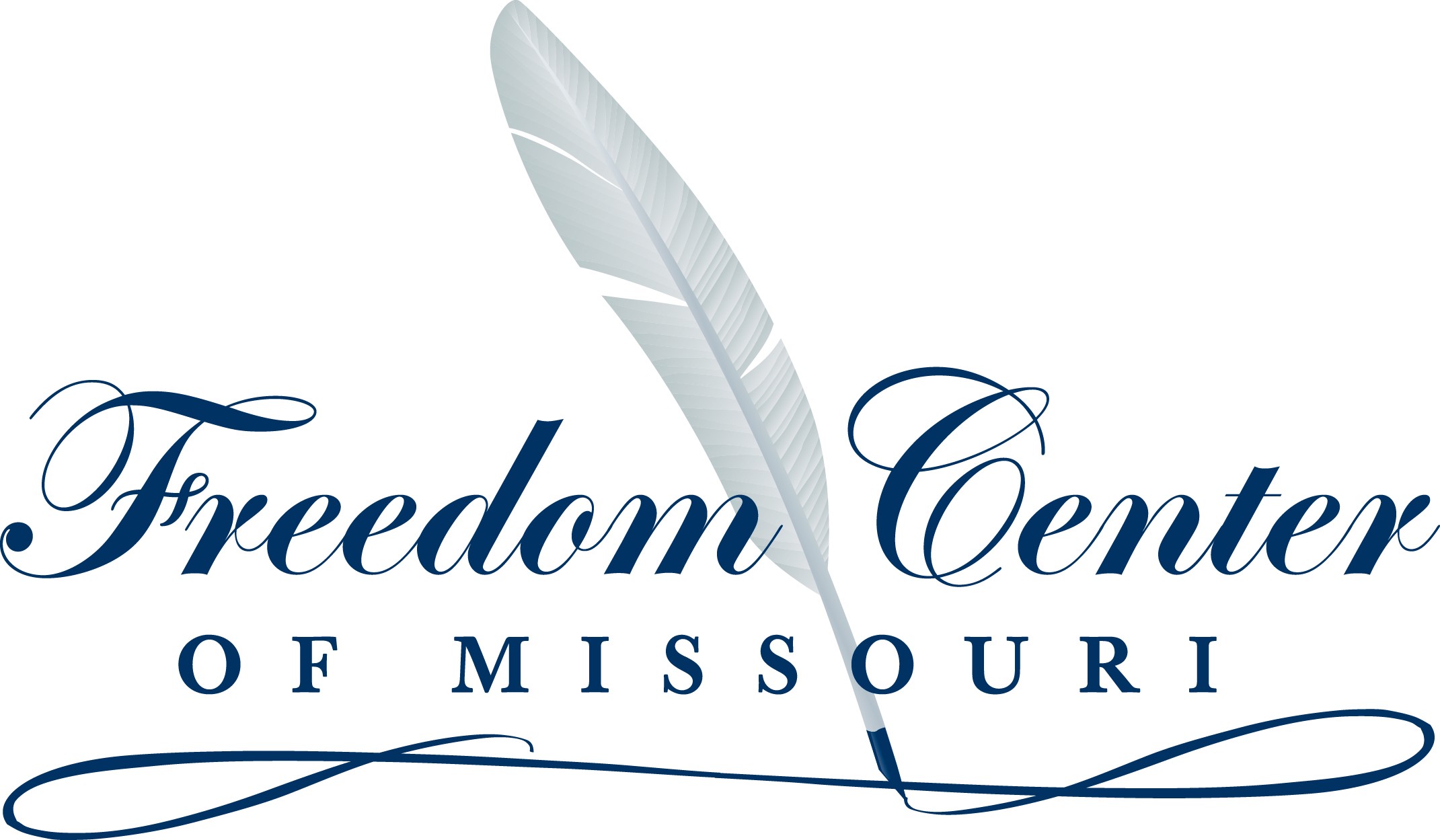Today the U.S. Supreme Court handed down one of the most important Free Speech cases in recent memory. The case seems simple on its face – a town imposed a range of restrictions on the types of signs citizens could put up, where those signs could be placed, and for how long they could be posted, with different restrictions applying to different types of signs. Both the district court and the Ninth Circuit Court of Appeals had ruled that the sign restrictions did not violate the First Amendment because the government was not trying to discriminate against any particular message. But with his majority opinion in Reed v. Town of Gilbert, Justice Clarence Thomas reversed the lower courts and raised the bar for constitutional protections for free expression.
With disturbing frequency courts all over the country (at both the state and federal levels) have refused to apply “strict scrutiny” – the highest level of judicial protection – to any number of laws that restrict citizen’s speech, simply because the governments’ attorneys contend that the law was not motivated by governmental disagreement with the speaker’s message and the challengers have not proven that the government was targeting a specific message or point of view. You may remember, this is essentially the rationale used by five judges on the Missouri Supreme Court to rule against us in Kansas City Premier Apartments v. Missouri Real Estate Commission.
Thomas’s opinion for six of the justices in Reed v. Town of Gilbert clarifies: “A law that is content-based on its face is subject to strict scrutiny regardless of the government’s benign motive, content-neutral justification, of lack of ‘animus toward the ideas contained’ in the regulated speech.'” This is very close to the specific question the Freedom Center presented to the U.S. Supreme Court when we asked them to review the Kansas City Premier Apartments case.
Perhaps MOST importantly, Thomas directly addressed the question of whether speech restrictions related to occupational licensing gets a free pass out of strict scrutiny – it does NOT. Pointing to NAACP v. Button, a 1963 case involving litigation-related speech by attorneys, Thomas confirmed that “the Court rightly rejected the State’s claim that its interest in ‘regulation of professional conduct’ rendered the statute consistent with the First Amendment, observing that ‘it is no answer… to say… that the purpose of these regulations was merely to ensure high professional standards and not to curtail free expression.'”
As for how the courts should apply the test for laws subject to strict scrutiny, the government must bear the burden of proving (1) that the speech restriction furthers a compelling government interest, and (2) that the restriction is narrowly tailored to that end. In Town of Gilbert, the government had not put on any evidence suggesting that its sign restrictions were in any way tailored to address the government’s alleged interests in aesthetics or public safety, so it failed to justify the restrictions on citizens’ speech and the sign ordinances was thus unconstitutional.
The Freedom Center is thrilled with the Supreme Court’s new clarification of citizens’ freedom to express themselves and to communicate on whatever subjects interest them – and we intend to make use of it in defending your rights!
